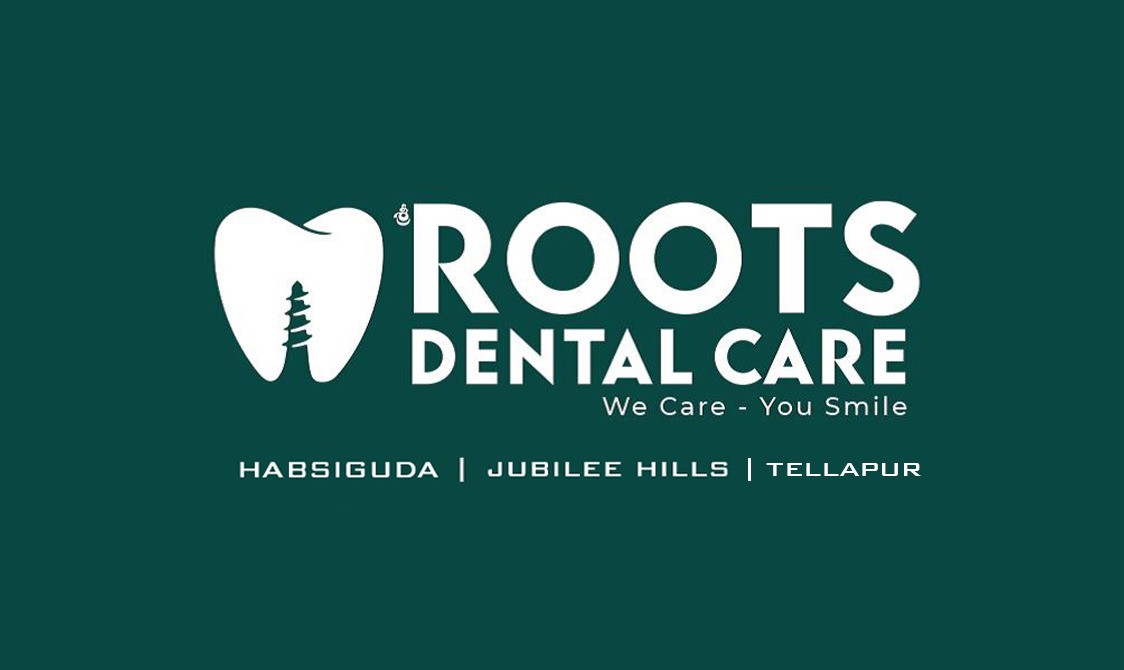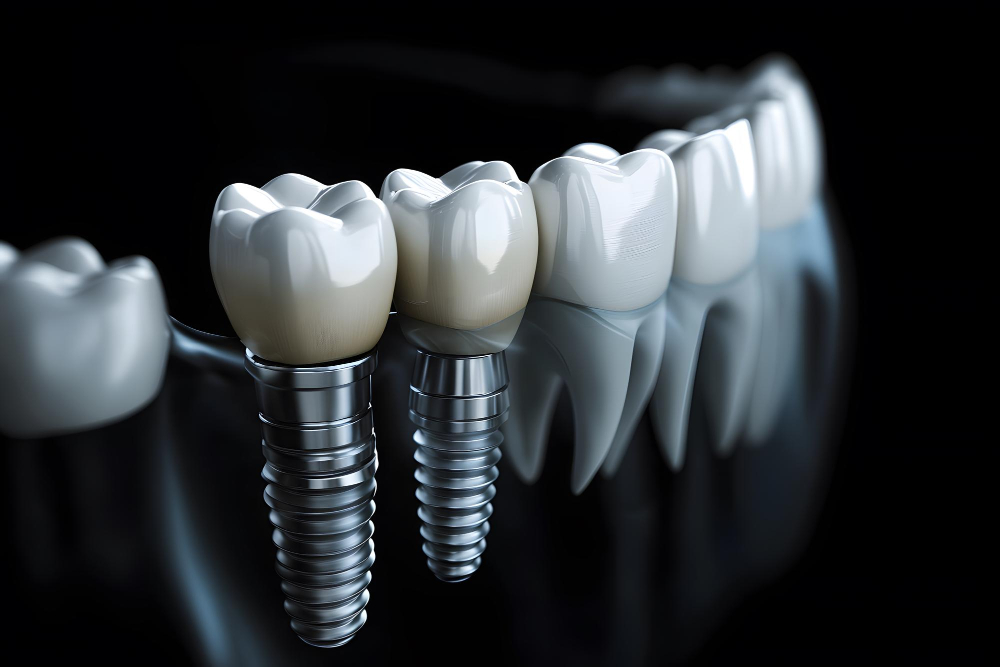With the growing interest in natural and organic products, many people are turning to natural toothpaste alternatives for their oral care needs. But are these alternatives as effective as traditional fluoride toothpaste? Here’s a detailed look at natural toothpaste alternatives, their benefits, and their effectiveness in maintaining oral health.
1. What Are Natural Toothpaste Alternatives?
Natural toothpaste alternatives typically contain ingredients derived from natural sources:
- Common ingredients: Baking soda, coconut oil, charcoal, essential oils, and herbal extracts.
- Free from additives: These toothpastes often avoid artificial flavors, colors, preservatives, and fluoride.
Understanding the composition of natural toothpaste alternatives can help you make informed choices. At Roots Dental Care, located in Hasbiguda and Jubilee Hills, we help our patients choose the best oral care products for their needs.
2. Baking Soda:
Baking soda is a popular ingredient in natural toothpaste alternatives:
- Mild abrasive: Baking soda gently removes surface stains and plaque from teeth.
- Neutralizes acids: It helps neutralize acids in the mouth, reducing the risk of cavities and gum disease.
- Odor control: Baking soda is effective at neutralizing bad breath.
Baking soda can be a beneficial addition to your oral care routine, but it should be used in moderation to avoid abrasion.
3. Coconut Oil:
Coconut oil is often used in a practice called oil pulling:
- Antimicrobial properties: Coconut oil has natural antimicrobial properties that can help reduce bacteria in the mouth.
- Reduces plaque: Oil pulling with coconut oil may help reduce plaque build-up and improve gum health.
- Moisturizes: Coconut oil can help keep your mouth moist and reduce dry mouth.
Oil pulling can be a supplementary practice to your regular brushing and flossing routine, a practice we sometimes recommend to our patients at Roots Dental Care in Hasbiguda and Jubilee Hills.
4. Activated Charcoal:
Activated charcoal is known for its whitening properties:
- Adsorption: Activated charcoal binds to surface stains and removes them from teeth, potentially resulting in a whiter smile.
- Abrasiveness: The abrasiveness of activated charcoal can also help remove plaque, but excessive use may damage enamel.
Using activated charcoal toothpaste occasionally can enhance whitening, but it should be used with caution to avoid enamel erosion.
5. Herbal Extracts and Essential Oils:
Herbal extracts and essential oils are commonly found in natural toothpaste alternatives:
- Antimicrobial effects: Ingredients like tea tree oil, peppermint, and eucalyptus have antimicrobial properties that can help reduce oral bacteria.
- Soothing properties: Herbal extracts such as chamomile and aloe vera can soothe gums and reduce inflammation.
- Fresh breath: Essential oils provide a natural and refreshing taste that helps combat bad breath.
These ingredients can provide additional benefits, but they should not replace the need for proper brushing and flossing. At Roots Dental Care in Hasbiguda and Jubilee Hills, we recommend these ingredients as part of a complete oral care routine.
6. Fluoride-Free Toothpaste:
Many natural toothpaste alternatives are fluoride-free, which raises questions about their effectiveness:
- Fluoride benefits: Fluoride is a key ingredient in preventing cavities and strengthening enamel. Its absence in natural toothpaste alternatives may reduce their effectiveness in cavity prevention.
- Alternative remineralization: Some natural toothpastes contain alternative remineralizing agents, such as hydroxyapatite or calcium phosphate, which can help strengthen enamel.
While fluoride-free natural toothpastes can be beneficial, they may not provide the same level of cavity protection as fluoride-containing toothpastes. For patients at Roots Dental Care, we recommend fluoride toothpaste as the gold standard for cavity prevention.
7. Effectiveness of Natural Toothpaste Alternatives:
The effectiveness of natural toothpaste alternatives varies based on their ingredients and usage:
- Surface cleaning: Many natural toothpaste alternatives are effective at removing surface stains and providing a clean feeling.
- Bacterial reduction: Ingredients with antimicrobial properties can help reduce oral bacteria and improve overall oral health.
- Cavity prevention: The absence of fluoride in some natural toothpastes may limit their effectiveness in preventing cavities compared to traditional fluoride toothpastes.
Choosing a natural toothpaste alternative that meets your specific oral care needs can help you maintain good oral hygiene.
8. Incorporating Natural Toothpaste Alternatives:
If you choose to use natural toothpaste alternatives, consider the following tips:
- Complementary use: Use natural toothpaste alternatives alongside traditional fluoride toothpaste to ensure comprehensive oral care.
- Regular dental visits: Continue to visit your dentist regularly for professional cleanings and check-ups.
- Personal preferences: Choose a natural toothpaste that you enjoy using and that provides the benefits you seek.
Balancing natural and traditional oral care products can help you achieve optimal oral health. At Roots Dental Care, we guide our patients in finding the right balance based on their unique needs.
Conclusion:
Natural toothpaste alternatives offer a range of benefits and can be an effective part of your oral care routine. However, their effectiveness in preventing cavities and maintaining oral health may not be on par with traditional fluoride toothpaste. By understanding the properties and limitations of natural toothpaste alternatives, you can make informed decisions that align with your oral health goals. Whether you choose natural or traditional products, consistency and proper oral hygiene practices are key to maintaining a healthy and beautiful smile.
At Roots Dental Care, located in Hasbiguda and Jubilee Hills, we are committed to helping you maintain the best oral health possible, with personalized advice on your dental products.


